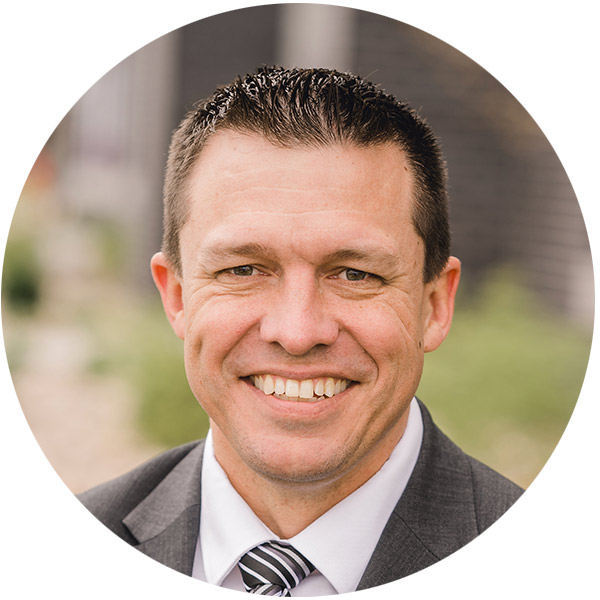This op-ed was originally published in Standard-Examiner on January 9, 2023.
Microschool founders face major problems when it comes to establishing their schools. And local governments don’t help.
It can be difficult enough to begin a new business. Entrepreneurs need to raise capital to get a building or purchase inventory. They have to invest in marketing to attract new customers, and they have to hire the right people who will help them grow their business. On a recent podcast, the guest pointed out the statistics, where only one in ten new businesses make it past the first year, with another one in ten lasting more than five years.
Education entrepreneurs contend not only with the realities of beginning a business, but with vague zoning and occupancy ordinances that complicate the first few years of ownership.
Multiple microschool founders ran into this very problem in Utah. In St. George, Acton Academy St. George had multiple delays from the city in their choice of location. The city delayed their decision about where he could establish his school, costing this founder over $100,000.
Choice Academy in Utah has a proven model and is looking to expand their business and has tried to find multiple locations to build a school specific to their needs. Multiple cities have dragged their feet in approving their location leading to the school losing out on multiple properties due to time constraints of the seller.
The founder of Slope School in Provo was forced to install an elevator in his building, even though it wasn’t required by the Americans with Disabilities Act. The city ordinance was more restrictive than the federal government.
But these aren’t the only troubles that new school founders face. One mom in West Jordan was beginning a small school out of her home. The county health department required her to register as a preschool. This forced her to take diapering classes, even though she was teaching teenagers.
The pattern is clear.
City regulators are unclear how to regulate these new and innovative education models. City bureaucrats’ response to innovative businesses is typically, “No.” When children are involved these same officials become even more restrictive.
But we can help these school founders.
The Utah Legislature has a chance to provide clarity to cities and microschools through Senate Bill 166 by creating zoning and occupancy relief. These schools, like traditional schools, should be allowed in residential zones. Due to the different models of these schools, traditional occupancy laws for large schools don’t make sense. Providing exemptions to this type of occupancy does.
If we want an education that fits every child, we need to allow non-traditional models of schools to exist and thrive. Current city ordinances don’t.





